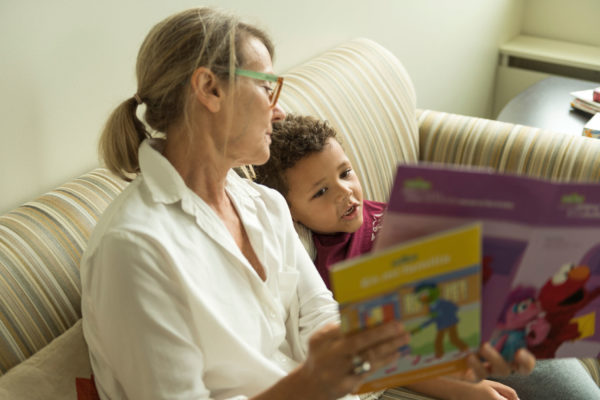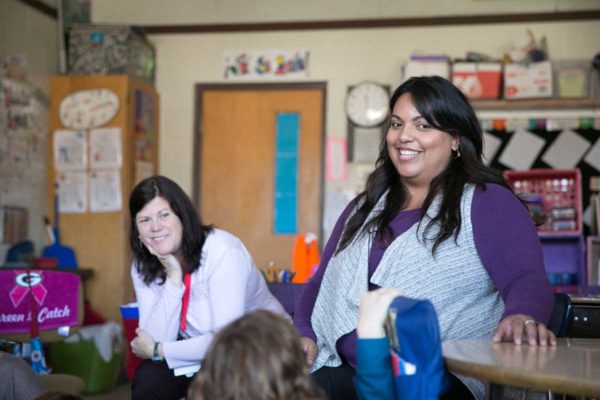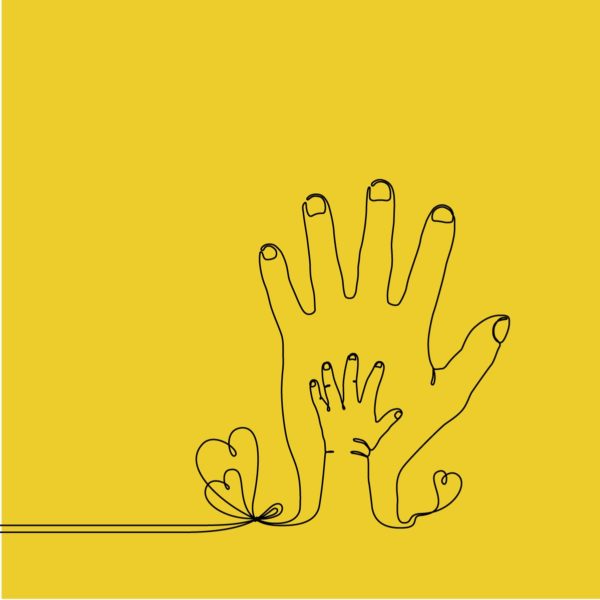News: Well-Being In Children

Maternal depression and anxiety symptoms during pregnancy have an effect on infants’ brain development at one month old after birth.

This year's The World We Make event is free and open to the public, from October 5 - 9, 2020. The nightly virtual events will explore science of well-being and feature new insights from His Holiness the Dalai Lama.

A new study from Center faculty member, Dr. Julie Poehlmann-Tynan and other researchers at the University of Wisconsin–Madison finds that families affected by parental incarceration benefited from resources that Sesame Workshop developed to support them.

A recent paper published by researchers at the Center for Healthy Minds shows that mindfulness training for preservice teachers leads to improvements in effective classroom teacher practices.

A new study shows that the young children of parents who take part in a compassion-based training program develop lower levels of the stress hormone cortisol over time.

